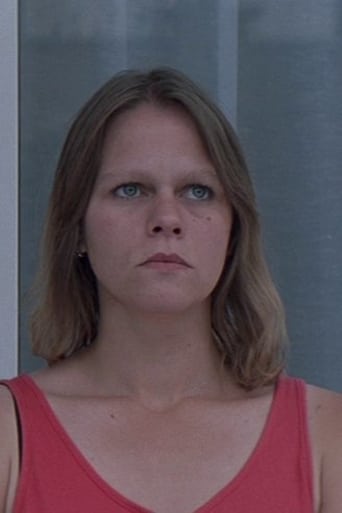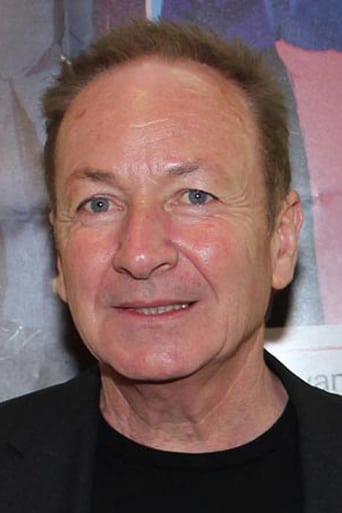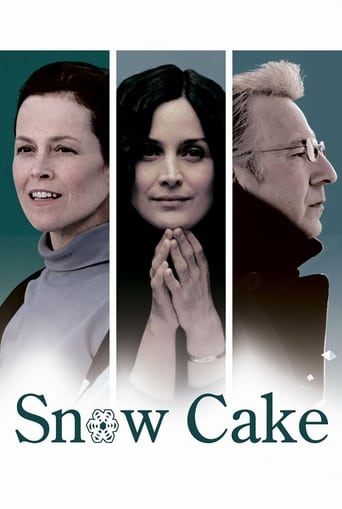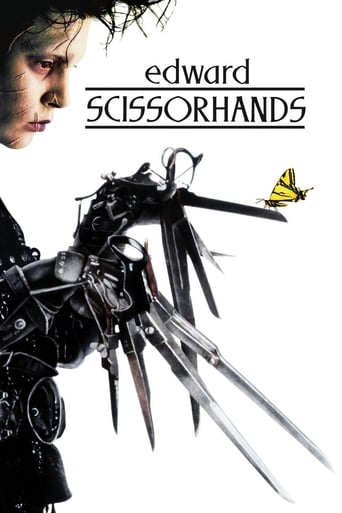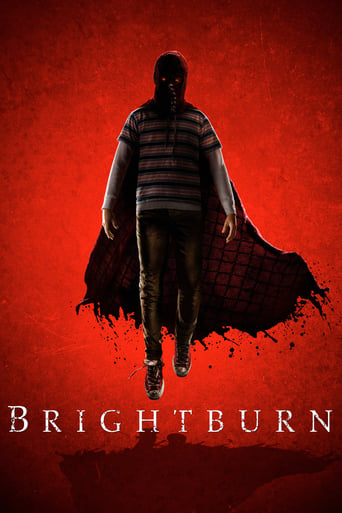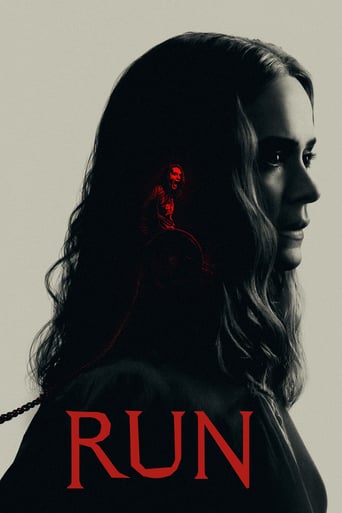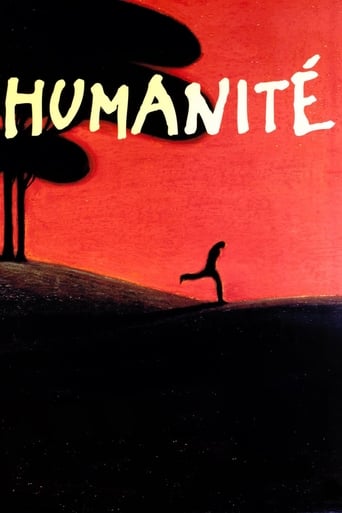

Humanité (2000)
In a quiet little French town, two detectives are tasked with investigating the brutal rape and murder of a preteen girl.
Watch Trailer
Cast
Similar titles
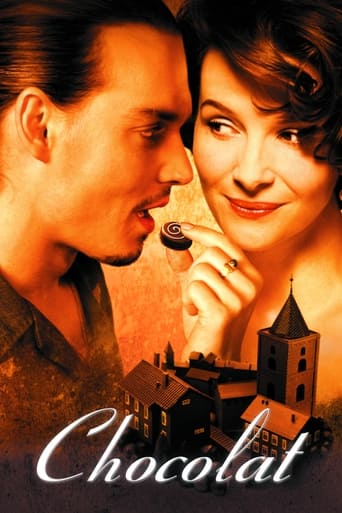
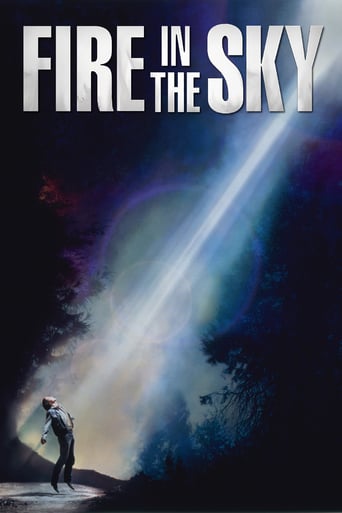
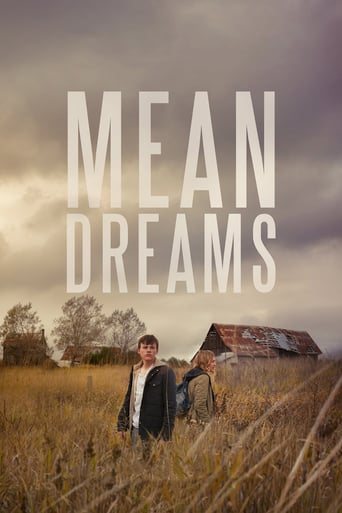
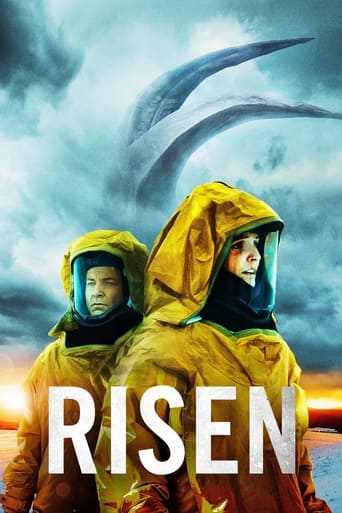
Reviews
This is a must-see and one of the best documentaries - and films - of this year.
The movie's neither hopeful in contrived ways, nor hopeless in different contrived ways. Somehow it manages to be wonderful
Although I seem to have had higher expectations than I thought, the movie is super entertaining.
By the time the dramatic fireworks start popping off, each one feels earned.
"A police detective who has forgotten how to feel emotions, because of the death of his own family" That part of the summary doesn't ring true. He is clearly upset by the death, and the manner of it, in the early scenes. It seems the director was insensitive to his actors. Dispair, emptiness, loss were all well portrayed by the actors in the early scenes, but he just seemed to want more of the same, as though he hadn't got it yet. The effect was to drag the whole film out to the point of boredom. Add that to the fact that none of the characters were likable, and it is a wonder if any of the audience would still be there by the end of the film. The film did capture the distracted empty feeling that loss through death can bring, but that is all it managed to do, over and over again, for two and a half hours. The director should watch City Island and follow the advice given by Alan Arkin, "No Pauses!".We recognised Wimmeraux, that was a high point.
Bruno Dumont is something of a controversial filmmaker, producing singular films that draw on the influence of people like Robert Bresson, Ingmar Bergman and early Michael Haneke in a clear attempt to create an enhanced state of realism that works both for and against the film and the audience. Also, like his contemporaries Gaspar Noé and Carlos Reygadas, it could be argued that Dumont makes films that challenge the viewer to engage with a story that will undoubtedly take us to some very dark and often shockingly immoral places; giving us characters that are morally ambiguous, often loathsome and, in the case of our central protagonist here, almost pitiful. There aren't many filmmakers who would choose as their hero of a bleak detective thriller an innocent man-child who seems to be as socially inept and emotionally damaged as a person could possibly be, and yet, with Police Chief Pharaon De Winter, that is exactly what we get.Dumont makes his bleak, desolate vision obvious right from the start, with the horrendous discovery of a murdered and mutilated child left naked and bleeding in a stark, autumnal field. The image is both shocking and brutal; with Dumont giving us a punch to the stomach right from the very first frame with a lingering close-up of the wound and filleted body parts. It's an image that both establishes and surmises the film as a thematic whole; the loss of innocence being central both with the murder of the child and with the character of Pharaon himself. It is the idea of back-story and the fragile demeanour of Pharaon - and to an extent the evocative performance of non-professional actor Emmanuel Schotte - which anchors the film, giving the audience an emotional spectator. He is also our representation within the film, mirroring the feelings of the audience if not quite our actions. After the aforementioned discovery there are no macho heroics; Pharaon reacts on an emotional level unseen in films of this nature, running back to his car, tears streaming down his face, lost in a kind of detached melancholy that continues throughout the film.Over the course of the film, the narrative continues to unfold at a slow and deliberate pace, though we quickly realise that the real detective story at hand is not necessarily about the murder of the child, but more importantly, what has happened to make Pharaon the way he is. Has Pharaon had some sinister part in all of this, or is he merely a constant observer. The idea of voyeurism is an important one in Dumont's work, with the camera rarely moving; always static, removed from the context of the scene and merely recording things for our benefit. This gives the film a greater degree of realism, though may be a little tiresome for viewers weaned on a more westernised approach to cinema, with one hypnotic scene in particular finding our central protagonist tending his allotment for what seems like the best part of fifteen minutes.As the film continues to unfold, and the clues begin to add up, we realise that this isn't going to have a clear-cut, moralistic ending akin to a routine police/crime thriller. Then again, with a central character who lives at home with a controlling mother, who adores the woman who lives down the street and allows her boyfriend to belittle him at every available opportunity and often stands monosyllabic at the back of a room... how on earth could it? With L'Humanité (1999), Dumont has attempted to create a stripped down, bare-naked form of ambient cinema, in which it is the little character details and passages of silence, broken only by shocking violence and mechanical sex, that go towards creating the story.The ending of the film continues in this same vein and acts as a sort of shocking epiphany, in which every action and subtle line of dialog that has occurred during the epic running time is suddenly given a whole new meaning. Dumont has proved with this, his second feature, that he can reach beyond the tiresome kitchen sink theatrics of his first film, La Vie de Jesus (1997) and incorporate distancing naturalistic techniques (no camera movements, no artificial light, non-professional actors, etc) to create a film that is both horrendous and intoxicating in equal measures. Though enjoy is certainly the wrong word to use with a film this bleak and confrontational, those amongst you who admire the work of forward thinking European auteurs like the aforementioned Michael Haneke, Gaspar Noé and Lars von Trier will certainly admire and appreciate Dumont's shattering tour-de-force.
"the Life of Jesus" (1997), Bruno Dumont's previous movie ended with the murder of an Arab teenager. "Humanity" (1999) starts where "the Life of Jesus" ended: with the rape and the murder of a little girl in the same small town: Bailleul. Obviously, police is on the alert to launch an investigation and track down the slayer. A superintendent, Pharaon Winter (Emmanuel Schotté) has been assigned to find him again.If you think that you deal with a sempiternal detective plot and that the movie will be exclusively built around it, you are partly right. First of all, on the surface, "Humanity" is akin to any detective film with the usual ingredients of the genre. Yes, but Bruno Dumont, the director takes these ingredients back to concoct a recipe in his own manner. The first merit to be attributed to his work is that it bewares of every commonplace and every easiness of fashion. All the clichés which bit by bit endowed in an artificial way the genre of the detective movie have been shelved and consequently, Dumont's work is a real breath of fresh air. Now, if you take a closer look, the quoted investigation plays eventually a subordinate role and almost serves as a pretext to a nearly documentary about Pharaon's life. The less we can say is that his portrait is a far cry from the usual portraits of cops French and American cinema have been cramming us for several decades. So, Pharaon Winter is a policeman in Bailleul. He's the great-grandson of a famous painter with the same name. Throughout the film, we learn vague scraps of his tumultuous past life including this most important one: he lost his wife and little girl in an accident. Now he lives with his mother. He is also secretly in love with his neighbor, Domino (Séverine Cotreele) although the latter has a lover, Joseph (Philippe Thullier). The three of them regularly go out either it is in restaurant or by the sea...So, Dumont goes beyond a simple history of killing to shot a real study of customs that would be worthy of an entomologist. Not only about the life of Pharaon but also on the close relatives who surround him, notably on Domino's and Joseph's. Then, to plunge more on the contents of the film and for a better understanding of it, let's write Dumont's words about the main reason which incited him to shot this gem: "I wanted to make a movie that would deal with the love of humanity while bearing in mind the reality which is grievous". Indeed, this humanity suffers and is made of rather dumb or sad human beings. and we mainly perceive them through Pharaon's eyes which are full of empathy and sympathy. With the presence of Pharaon, we learn to like them and become sensitive to their sorrow. In the last sequence when the murderer has been found (I won't reveal who it is), Pharaon kisses him on the mouth. If you don't bear in mind Dumont's words, of course, it will seem ludicrous to you but it is perfectly coherent with the philosophy of the film. On another extent, Pharaon sympathizes to the humanity's pain but this reality can be sometimes unbearable (the primal scream in front of the Eurostar, the embrace with the male nurse at the mental hospital. At last Dumont isn't afraid to shot the brutish sides of this humanity as the wild sexual relations between Domino and Joseph testify."The Life of Jesus" brought out a strong Bressonian odor in its cinema writing. In "Humanity" it fills the whole movie so much that Dumont could be Robert Bresson's deserving grandson and heir. Although he declines any link of relationship with the author of "Diary of a Country Priest" (1951), their respective cinema approaches perfectly agree: an absolute supremacy of the image, rare or reduced to the extreme dialogs to make the action progress and hiring of non-professional actors. Dumont's directorial style perfectly exploits these features and silence speaks much louder than dialogs. Through the actors' countenances and gestures, the viewer can guess or try to find what the comedians may think of. Dialogs are largely scattered throughout the flick, they notwithstanding contain another part of brilliance from Dumont: with few dialogs, he can express so much... Furthermore, Dumont distinguishes himself from Bresson and perseveres in his way with characteristics which belong to him. By watching this film, we can feel that there's such a will to depict life as it really is without distortions or extravagances and there's such an intensity in the presentation of Bailleul that it is close to the extraordinary and sacred. And of course, like in its predecessor, there's always this sharp sense of detail (which says a lot about several characters), of space and observation which contribute to solidify "Humanity" in its place of winner.Such an arty work would be no worth without its actors. Like in "the Life of Jesus", these non-professional actors seem to live more than to act what they go through. One can't forget Emmanuel Schotté's neutral performance and his lifeless, melancholy face. Robert Bresson would probably have cried to work with him..."The Life of Jesus" was the act of creation of an author, "Humanity" is the step of maturity and for Dumont it is astounding. A pure marvel as well as an undeniable tour-de-force in the so much massacred genre of the detective film, "Humanity" leaves an indelible mark in our mind. The odds are that this slow-paced, one of a kind detective film will throw a viewer or two, used in watching whodunits shot in a vigorous and dry manner but if you are sick of them, why not spend a DVD evening in front of this gem? If it hypnotized you, maybe will you see the world differently.
L'Humanite was a very slow paced movie. Some of the scenes inthe movie were so slow and need to be cut out. The movie was2hrs and 20min and should of been 1hr and 45 min. L'Humanitestory was very bitter and the sex scenes were not really needed,but I wasn't complaining. I thought the movie should of gonemore towards the young 11 year old death then putting the mainstory about the police lieutenant that found the body. I really didn'tcare about the women Domino and the crush the police lieutenanthad. I thought L'Humanite was too slow and only thing that keptme watching was the soft core sex . Cannes should of picked abetter film for it's Grand Jury Prize and not this really boring movie. Also Whats the deal with a police lieutenant still living with hismom. ** out of ****

